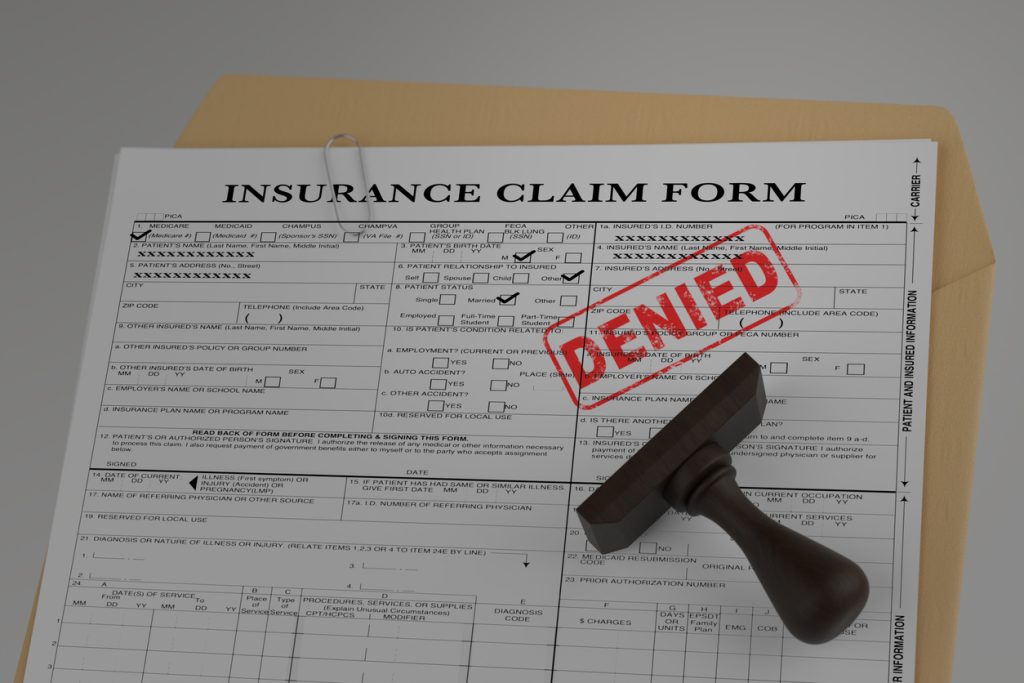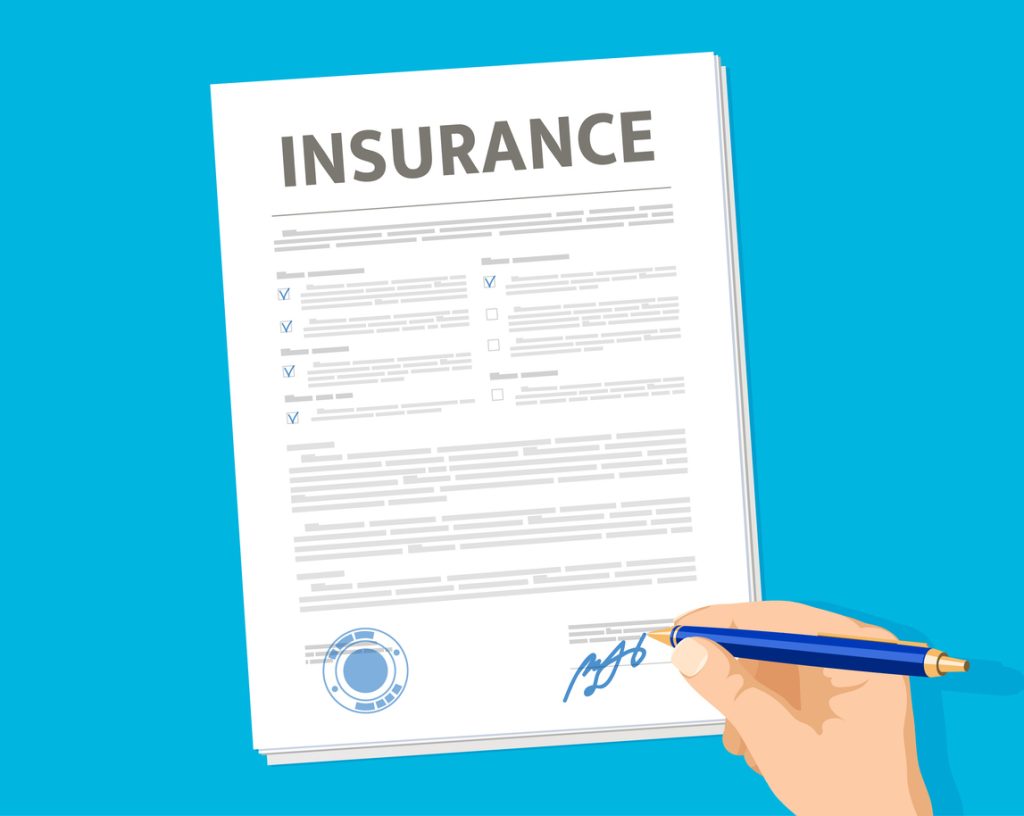When someone faces an insurance claim denial eating disorder, it can feel overwhelming and unjust. Eating disorders are widely recognized as serious medical conditions that require comprehensive treatment, yet insurers often refuse to cover care by labeling it as unnecessary, experimental, or outside the scope of benefits. These denials frequently lead to delays in essential treatment, financial hardship, and emotional distress for patients and their families. Appealing such a denial is not only possible but often successful when approached with the correct legal, medical, and procedural steps.
This step-by-step guide examines why an insurance claim denial eating disorder occurs, the appeal process under both state and federal law, and the documentation strategies that can shift the outcome in favor of coverage. By following this roadmap, claimants can better understand their rights and build a persuasive case that compels insurers to honor obligations under health insurance contracts.
Understanding Why an Insurance Claim Denial Eating Disorder Happens
To prepare an effective appeal, it is important to first understand why insurers deny coverage. An insurance claim denial eating disorder may occur for reasons such as alleged lack of medical necessity, limitations in the policy wording, or disputes over treatment length. Insurers frequently rely on narrow definitions of “medical necessity,” rejecting coverage even when the patient’s treating physician has documented the severity of the illness.
Another common reason involves policy exclusions. Some plans restrict benefits for residential or intensive outpatient treatment for eating disorders, despite clinical guidelines that recommend such care. Insurers may also claim that certain therapies are “experimental,” though they are widely accepted within the medical community. These tactics create obstacles for patients, but each reason for denial can be challenged through a structured appeal process.

Legal Framework Protecting Against Insurance Claim Denial Eating Disorder
Federal and state laws impose obligations on insurers to provide mental health coverage, including for eating disorders. Under the Mental Health Parity and Addiction Equity Act (MHPAEA), insurance providers must treat mental health and substance use disorders on equal terms with physical health conditions. An insurance claim denial eating disorder that applies stricter standards than those used for physical illnesses may violate this parity requirement.
The Affordable Care Act (ACA) further strengthened protections by requiring most insurance plans to include mental health and behavioral health services as essential benefits. Patients who encounter coverage denials for medically necessary eating disorder treatment may reference these federal mandates when drafting an appeal. State-level parity laws may provide additional protections, ensuring that insurers cannot arbitrarily restrict access to needed care.
For authoritative details on parity enforcement and appeals, the U.S. Department of Labor offers regulatory guidance at dol.gov, which can help claimants understand how federal law applies to their situation.
Preparing Your Appeal After an Insurance Claim Denial Eating Disorder
An effective appeal begins with thorough preparation. Gathering documentation is crucial to demonstrate both medical necessity and compliance with insurance plan requirements. Patients should request a copy of their denial letter and carefully analyze the stated reasons for refusal. This letter provides the foundation for crafting a targeted appeal.
Medical records play a central role. Physicians, psychiatrists, and therapists can supply detailed notes that establish diagnosis, severity, and the need for specific levels of care. Supporting evidence should include treatment plans, history of relapses, and professional assessments showing risks associated with untreated eating disorders.
It is also beneficial to cite established clinical guidelines. For example, the American Psychiatric Association’s Practice Guideline for the Treatment of Patients with Eating Disorders emphasizes the necessity of comprehensive care. Referencing such standards reinforces that the requested treatment is not experimental but rooted in accepted medical practice.

Step One: Review the Policy in Cases of Insurance Claim Denial Eating Disorder
The first actionable step is to carefully review the insurance policy. Every insurance claim denial eating disorder appeal should begin by comparing the denial letter to the actual policy language. Many insurers rely on broad exclusions or vague terms to justify rejection. Identifying discrepancies between policy obligations and denial reasoning strengthens the appeal.
Patients should look for mental health parity clauses, definitions of medical necessity, and specific benefits related to behavioral health. If the denial contradicts these provisions, that inconsistency becomes a core argument in the appeal letter.
Step Two: Address Medical Necessity in an Insurance Claim Denial Eating Disorder
Medical necessity is the most common basis for denial, making it a critical point of rebuttal. To challenge an insurance claim denial eating disorder on these grounds, detailed physician statements are indispensable. Doctors should explain why outpatient therapy is insufficient, why residential treatment is required, or why early termination of benefits would endanger the patient’s recovery.
By aligning this medical evidence with parity laws, the appeal demonstrates that denying coverage for eating disorder treatment imposes stricter standards than would apply to equivalent physical health conditions. This creates a compelling legal and medical foundation for reversal.
Step Three: File a Timely Internal Appeal
Every insurance policy provides a timeline for internal appeals. Missing this deadline can permanently bar reconsideration. Once an insurance claim denial eating disorder occurs, patients or their advocates should submit a written appeal promptly. The appeal letter should address each reason stated in the denial, cite supporting medical evidence, and reference applicable laws such as the MHPAEA and ACA.
This stage often results in reversal, particularly when the appeal demonstrates both strong medical documentation and clear policy obligations. However, if the insurer maintains its denial, further steps are available.
Step Four: Pursue an External Review of an Insurance Claim Denial Eating Disorder
If internal appeals fail, most states and federal law allow for an independent external review. This process involves a third-party medical professional evaluating whether the insurer’s denial was justified. For an insurance claim denial eating disorder, external review often favors the patient because independent reviewers are more likely to recognize the legitimacy of medically necessary treatment.
Filing for an external review requires adherence to specific procedural rules, including submission deadlines and documentation requirements. This stage provides one of the strongest opportunities for overturning an unjust denial.
Step Five: Consider Legal Remedies After an Insurance Claim Denial Eating Disorder
If both internal and external appeals fail, patients may consider legal action. Litigation may allege violations of parity laws, breaches of contract, or bad faith insurance practices. While not every case proceeds to court, the possibility of legal accountability often encourages insurers to settle claims during earlier stages.
For claimants, understanding the legal remedies available after an insurance claim denial eating disorder provides leverage in negotiations and strengthens the appeal process.

Practical Example of Appealing an Insurance Claim Denial Eating Disorder
Consider a patient whose insurer denied residential treatment, claiming it was not medically necessary. The appeal included physician documentation, clinical guidelines from the American Psychiatric Association, and references to federal parity laws. By demonstrating that the denial applied stricter standards to mental health care than to physical health care, the patient’s representative argued the insurer violated federal mandates.
The insurer reversed its denial following an external review, and coverage for treatment was granted. This example illustrates how persistence, documentation, and legal framing can turn an insurance claim denial eating disorder into a successful appeal.
Key Resource on Insurance Claim Denial Eating Disorder
Further insight into why denials occur can be found in this detailed discussion of insurance claim denial eating disorder. This analysis sheds light on insurer tactics and offers valuable context for preparing appeals.
Conclusion
Facing an insurance claim denial eating disorder can be daunting, but it is not the end of the road. Laws at both federal and state levels protect access to mental health treatment, and structured appeals give patients the opportunity to assert those rights. By understanding the denial’s reasoning, compiling strong medical evidence, citing parity laws, and pursuing both internal and external reviews, claimants significantly increase their chances of securing coverage.
Persistence is essential. Insurers may initially resist, but each step of the process builds pressure for compliance with contractual and legal obligations. With a comprehensive strategy, patients can transform an insurance claim denial eating disorder into a pathway toward treatment and recovery.




